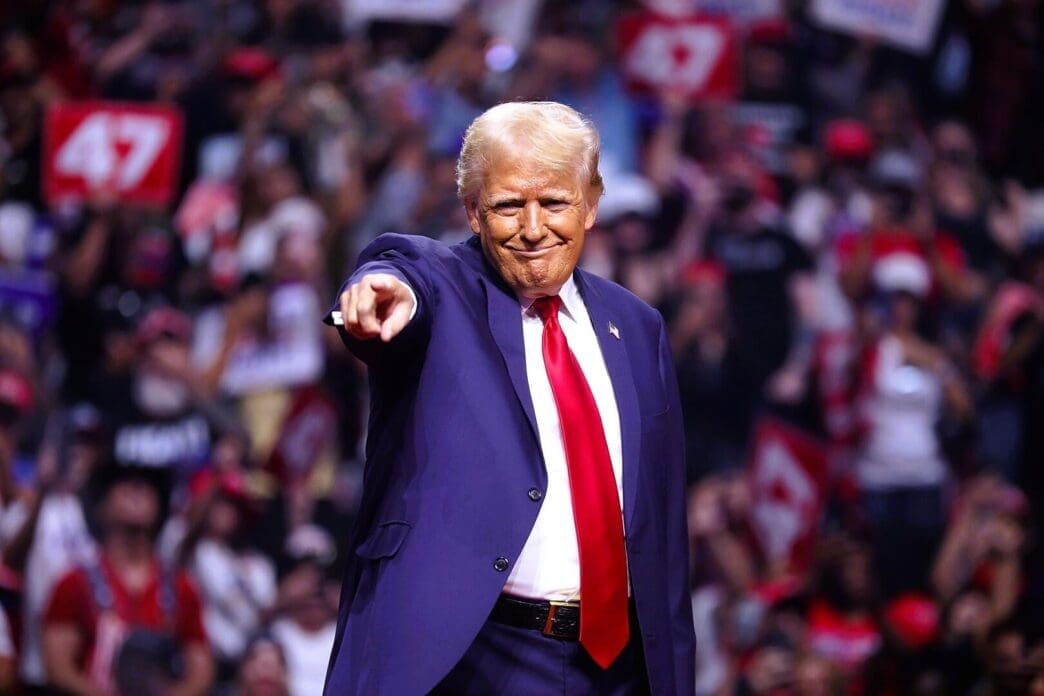President Donald Trump has introduced a novel proposal, aiming to return a portion of government savings to the American public. This initiative, potentially significant in its economic implications, involves utilizing 20% of savings identified by Elon Musk’s Department of Government Efficiency, commonly referred to as DOGE.
The concept, informally known as the ‘DOGE Dividend,’ suggests distributing checks funded by DOGE savings directly to taxpayers, which Trump discussed at the FII Priority Summit in Miami. This proposal comes amid ongoing concerns about inflation in the United States, currently surpassing the Federal Reserve’s target rate of 2%, and escalating efforts to mitigate economic overheating.
This isn’t a first for federal payouts to citizens. Previously, during the pandemic, Americans received financial relief from the government, beginning with $1,200 and $600 payments during Trump’s first term and continuing with an additional $1,400 under President Joe Biden. These series of payments were linked to significant increases in consumer prices, reaching historic levels shortly thereafter.
Economic experts have debated the stimulus’s role in inflation, with some attributing substantial government spending as a catalyst for rising prices. The St. Louis Federal Reserve researchers pointed out that fiscal stimulus contributed significantly to demand, which supply chains could not match, thus driving inflation upwards.
Apart from the proposed dividend, the Trump administration’s broader economic strategies could also influence inflation. Policies like tariffs and mass deportations might elevate costs further, affecting everyday products and services. However, some economists argue that reducing national debt is vital in controlling long-term inflationary pressures.
The U.S. government’s debt is a growing concern, having increased by $1.4 trillion over a year, amounting to a total of $35.5 trillion at the close of the fiscal year 2024. This has heightened the debt-to-GDP ratio, indicating the economy’s increased burden from national debt and calling for strategic interventions.
While Trump insists that the DOGE initiative is effectively saving the government substantial resources, the proposal to allocate these savings could either settle or exacerbate current inflation rates depending on execution and timing.
The introduction of the ‘DOGE Dividend’ presents a complicated path ahead for the U.S. economy. As the debate continues over the balance between fiscal stimulus and inflation control, the outcome of this proposal remains to be seen. It poses both an opportunity and a risk, reflecting the ongoing challenge of managing national economic health.








